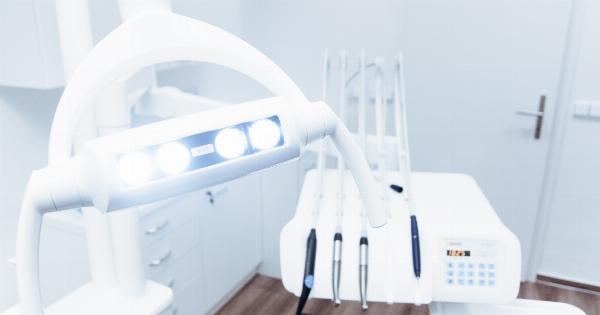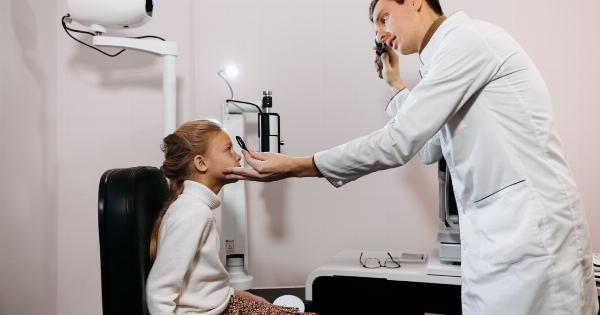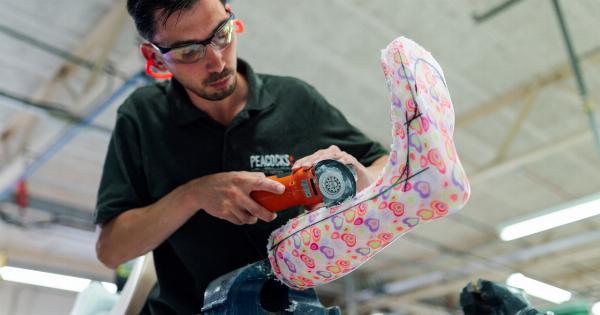Surgeries have long been seen as a daunting and complex undertaking, associated primarily with medical interventions and emergency situations. However, upon exploring the subject further, one can uncover the simple pleasure of surgery.
Yes, there is pleasure to be found, not just for the surgeons who perform these procedures, but also for patients who experience relief, improved health, and transformation.
The Significance of Surgery
Surgery, as a branch of medicine, holds immense significance in both the healthcare system and the lives of individuals. It plays a crucial role in addressing medical conditions, injuries, and diseases that require surgical interventions.
Surgeons and their teams work tirelessly to bring healing and restoration to patients, often making a significant impact on their quality of life.
The Benefits of Surgical Interventions
There are numerous benefits associated with surgical interventions. Firstly, surgeries can provide immediate relief from pain and symptoms.
For individuals suffering from acute conditions or injuries, surgical procedures offer a direct solution to alleviate their suffering and hasten the healing process.
Furthermore, surgeries enable the correction of anatomical abnormalities and functional impairments.
From repairing fractured bones to removing tumors, surgeries have the power to restore the body’s natural form and function, allowing patients to regain mobility, independence, and overall well-being.
Surgical procedures also contribute to preventive care by removing potentially life-threatening conditions or minimizing the risk of complications.
For example, surgeries such as appendectomies or coronary artery bypass grafting can prevent severe consequences and save lives.
Additionally, surgeries have become a pathway for various transformative procedures that enhance an individual’s appearance and boost their self-confidence.
From cosmetic surgeries to gender confirmation surgeries, these interventions have the power to create positive changes in self-perception and self-image.
Exploring Surgical Advancements
With the advancement of medical technology, surgical procedures have become safer, more efficient, and less invasive.
Innovations like laparoscopic surgeries, robotic-assisted surgeries, and image-guided procedures have revolutionized the field, minimizing complications, reducing recovery time, and enhancing patient outcomes.
Laparoscopic surgeries, also known as minimally invasive surgeries, involve making small incisions through which a thin tube with a camera and surgical instruments are inserted.
This technique reduces scarring, post-operative pain, and the length of hospital stays, allowing patients to resume their daily activities much faster.
Robotic-assisted surgeries take advantage of robotic systems, controlled by surgeons, to perform complex procedures with precision and accuracy.
These systems provide enhanced dexterity, visualization, and stability, enabling surgeons to achieve delicate maneuvers that were difficult or impossible with traditional methods alone.
Image-guided surgeries utilize advanced imaging techniques, such as magnetic resonance imaging (MRI), computed tomography (CT), and ultrasound, to create real-time visuals of the patient’s internal structures during the procedure.
This technology assists surgeons in navigating complex anatomical areas, improving accuracy and reducing the risk of damage to surrounding tissues.
The Impact on Individuals
For individuals facing medical conditions that require surgical interventions, the impact can be life-changing. Not only do surgeries alleviate pain and symptoms, but they also offer hope, renewed vitality, and a chance for a better future.
Patients who undergo successful surgeries often experience a significant improvement in their overall quality of life.
From being able to walk pain-free after joint replacements to enjoying a cancer-free existence after tumor removal, surgery provides a tangible solution to chronic, debilitating conditions.
Psychologically, surgery can restore confidence and self-esteem for individuals who were affected by physical deformities or abnormalities.
The ability to lead a life without feeling burdened by one’s appearance can result in improved mental health and increased social interactions.
The positive impact of surgery extends beyond the individual patient. Families and loved ones also benefit from witnessing the transformation and improved well-being of their cherished ones.
This ripple effect creates a positive atmosphere for support and encourages others to seek necessary medical care when needed.
Experiencing the Simple Pleasure
While not every surgery may be considered pleasurable in the traditional sense, it is essential to recognize the simple pleasure that lies within the idea of overcoming challenges, achieving better health, and transformation through surgery.
Surgery represents hope and resilience, as individuals trust in the skills of highly trained surgeons to bring about positive outcomes.
The simple pleasure comes from seeing the vast possibilities that surgery opens up for those in need, providing relief, healing, and the chance for a renewed lease on life.
Whether it’s the joy of a surgeon successfully completing a complex procedure or the gratitude of a patient experiencing a significant improvement in their condition, the simple pleasure of surgery is present throughout the entire process.
So, let us celebrate the transformative power of surgery and appreciate the simple pleasure it brings – a pleasure that stems from the profound impact it has on individuals, families, and our healthcare system as a whole.






























